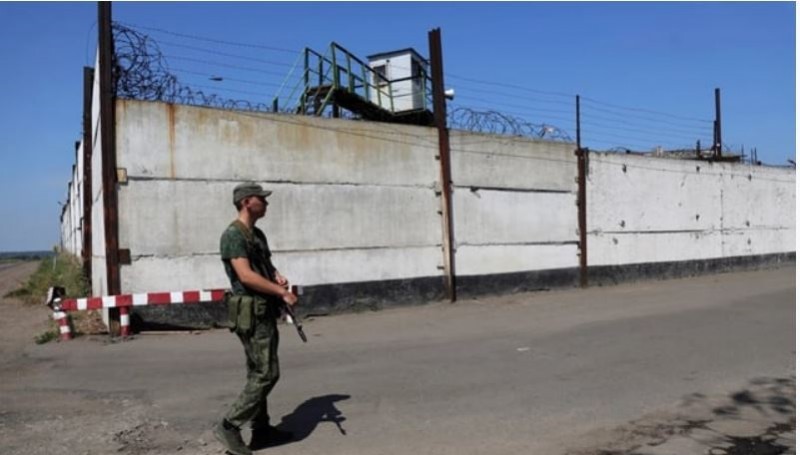
The fate of Ukrainian soldier Oleksandr Ishchenko has become a symbol of the broader struggle between Russia and Ukraine. Ishchenko, a member of Ukraine's Azov brigade, died under Russian custody, with Moscow attributing his death to heart problems. However, an autopsy revealed multiple rib fractures and blunt chest trauma, leading to an outcry from his widow, Olena Ishchenko. She has expressed deep anguish and a desire for justice for her husband.
Oleksandr was among hundreds of Azov fighters captured by Russian forces following the siege of Mariupol early in the war. These prisoners have become significant political tools for Moscow, which uses their detention to advance its agenda and pressure Kyiv. The Azov brigade, originally a nationalist battalion, gained prominence in 2014 by retaking Mariupol from separatists and later became widely known for its role in the battle for Azovstal in 2022.
Despite ongoing negotiations, most of the Azov fighters captured during the siege remain in Russian captivity. Their status as high-profile prisoners has turned them into pawns in the conflict, with Russia accusing them of neo-Nazism, a charge the brigade denies.
Oleksandr's capture and subsequent death were heavily publicized, with Russian state media showing him in a severely weakened state. His wife had pleaded with Ukrainian officials to secure his release, but her hopes were dashed when he did not survive.
Out of approximately 900 Azov soldiers taken prisoner, around 230 have been released, but none since May 2023. Ukrainian authorities, including Petro Yatsenko from Ukraine's Coordination Headquarters for the Treatment of Prisoners of War, accuse Russia of withholding these fighters to undermine Ukrainian unity and public support.
The "Free Azov" movement has gained momentum in Kyiv, with numerous demonstrations and public displays advocating for the release of the prisoners. Young Ukrainians, including Kristina Iniieu, actively participate in protests, expressing frustration with the slow pace of negotiations and the portrayal of Azov fighters as symbols of resistance.
Recent developments, such as Kyiv's capture of Russian soldiers during an offensive in August, raised hopes for a prisoner exchange. However, the latest swap did not include any Azov fighters, leading to criticism from military leaders like Azov commander Denys Prokopenko.
Moscow continues to use the Azov prisoners for propaganda purposes, portraying them as far-right extremists to justify its invasion under the guise of "denazifying" Ukraine. This narrative persists despite international norms, including the Geneva Conventions, which prohibit the trial of captured fighters for their combat activities and the public display of prisoners.
Tamara Koryagina, wife of another captured Azov fighter, Serhii Mykhaylenko, has also endured a painful ordeal. Koryagina's husband appeared in a forced confession on a Russian website, looking emaciated and suffering. She has struggled to find evidence of his well-being, amid widespread reports of abuse suffered by Ukrainian POWs.
Released prisoners have reported severe mistreatment, including beatings, stress positions, and electric shocks. These accounts underscore the harsh realities faced by Ukrainian captives and the ongoing struggle for their return.
Koryagina remains hopeful despite the challenges, cherishing memories of peaceful times in Mariupol and dreaming of a future reunion.